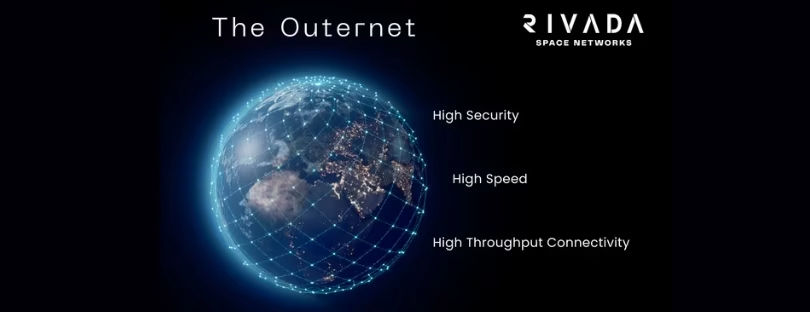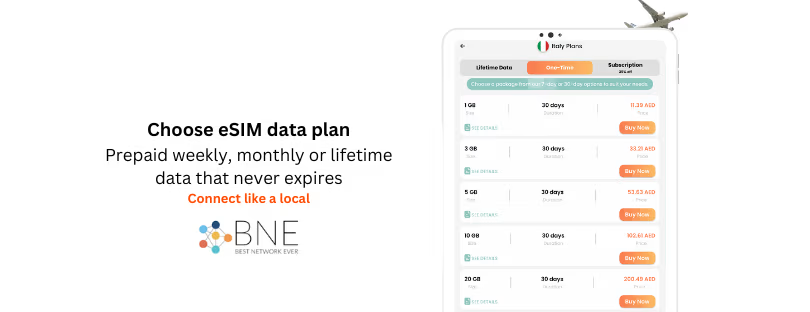
Rivada Space Networks Secures Market Access for Outernet in 33 Countries
Rivada Space Networks announced it has secured market access to its Outernet constellation in 33 countries and every continent, with Belgium, the Czech Republic, Sweden, and Costa Rica among the latest nations to soon offer next-generation communications capabilities.
This goes hand in hand with communications service agreements signed with nations, governments, and corporations worth more than $16 billion for Outernet connectivity, with initial tests set for 2026.
Resilient, secure communications are increasingly vital to businesses and governments in an evolving digital economy. These new markets are part of Rivada’s Outernet roadmap to ensure a robust infrastructure, and the advantages of ubiquitous coverage, low latency, resiliency, and flexibility support digital development and security across the globe.
The Outernet is the first unified global communications platform, a unique next-generation constellation of 600 laser-linked LEO satellites that provide a ubiquitous, highly secure optical mesh network in space.
“Rivada has embarked on a global initiative to bring the Outernet to every corner of the globe,” noted Ann Vandenbroucke, Chief Regulatory Officer for Rivada Space Networks.
“We are thrilled to announce we’ve secured market access in 33 nations and counting as we prepare to introduce the Outernet and ensure that investors, distributors, and users know with certainty this powerful constellation is on the way. Market access processes can take time to negotiate, and we greatly appreciate the regulators who have officially endorsed and supported the planned rollout of the Outernet.”
Declan Ganley, Rivada CEO, said:
“We are committed to ensuring that the Outernet is available globally to help solve essential connectivity and networking challenges and open up new business opportunities around the world. Businesses and governments across the globe have signed connectivity agreements worth more than $16 billion to date, underlining the demand and need for the secure communications capabilities of the Outernet, which is now poised to provide access in 33 countries and across every continent.”
Final thoughts about Rivada Outernet
Rivada’s push for global market access with the Outernet underscores a growing race among satellite communications players to dominate secure, low-latency connectivity. Competitors like SpaceX’s Starlink, Amazon’s Project Kuiper, and OneWeb are also deploying massive LEO constellations—but Rivada’s unique focus on a fully optical mesh network and enterprise-grade security positions it distinctly in the B2G and B2B segments. According to NSR, the global satellite data services market is projected to exceed $30 billion by 2030, driven by demand from defense, finance, and critical infrastructure sectors. As governments and industries shift toward more resilient digital infrastructure, Rivada’s regulatory wins and $16B in pre-launch agreements indicate a strong foothold. However, execution, interoperability, and time-to-market will be key differentiators in a field where capacity is no longer scarce, but trust, latency, and security are.
About Rivada Space Networks
Rivada is building The Outernet—the first unified global communications network. Rivada’s global low-latency point-to-point network of 600 low Earth orbit (LEO) satellites is a unique next-generation constellation combining inter-satellite laser links with advanced onboard processing and routing to create a ubiquitous MEF-compliant optical mesh network in space. This “orbital network,” in which data stays in space from origin to destination, creates an ultra-secure satellite network with pole-to-pole coverage, offering end-to-end latencies much lower than terrestrial fiber over long distances. And by routing traffic on a physically separated network, it provides a layer of defense for any organization that needs to securely share data between widely distributed sites.











